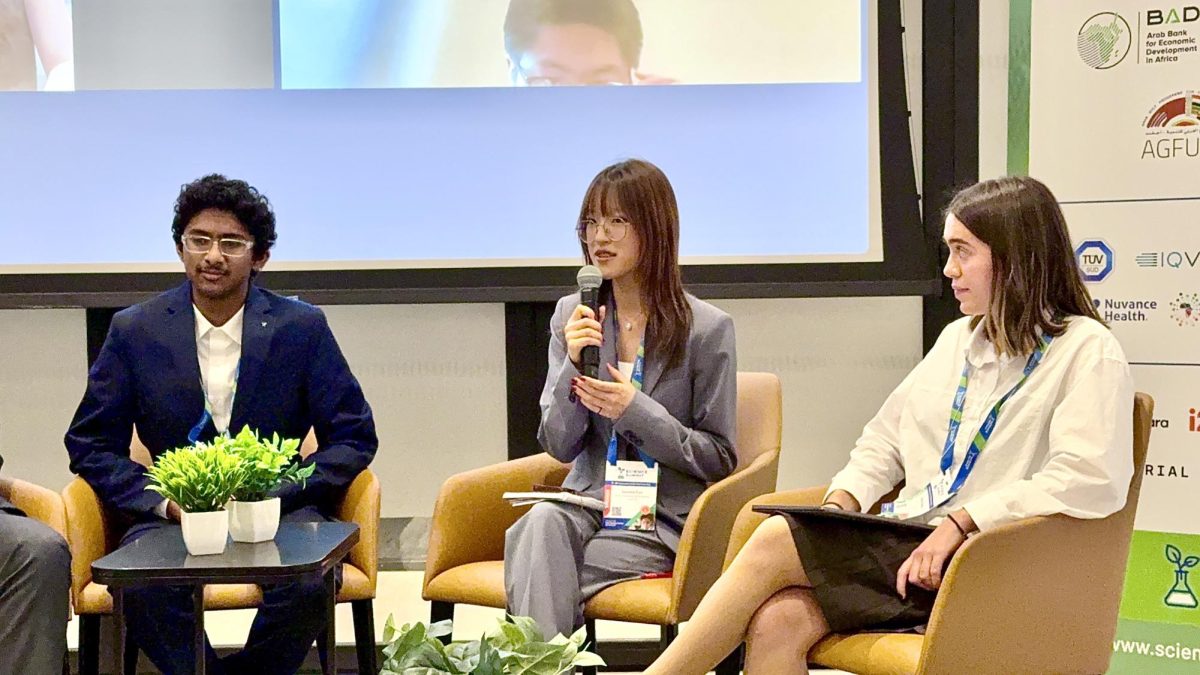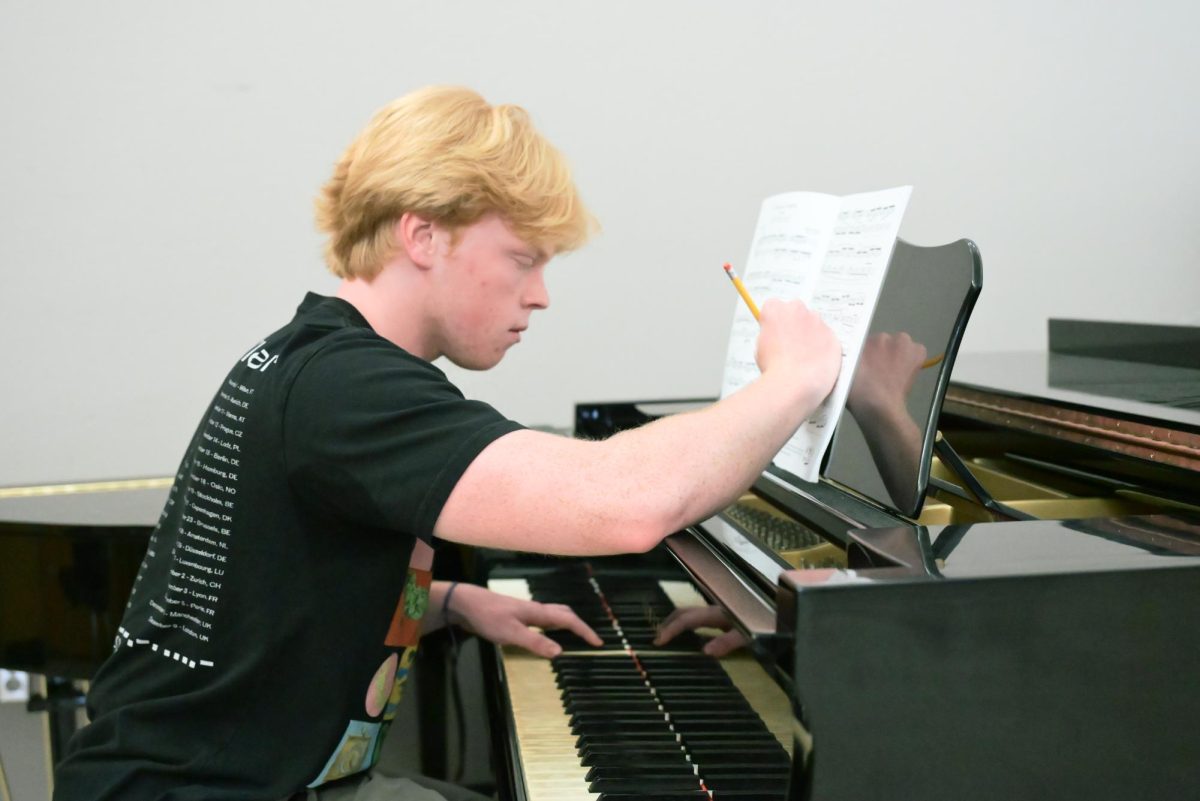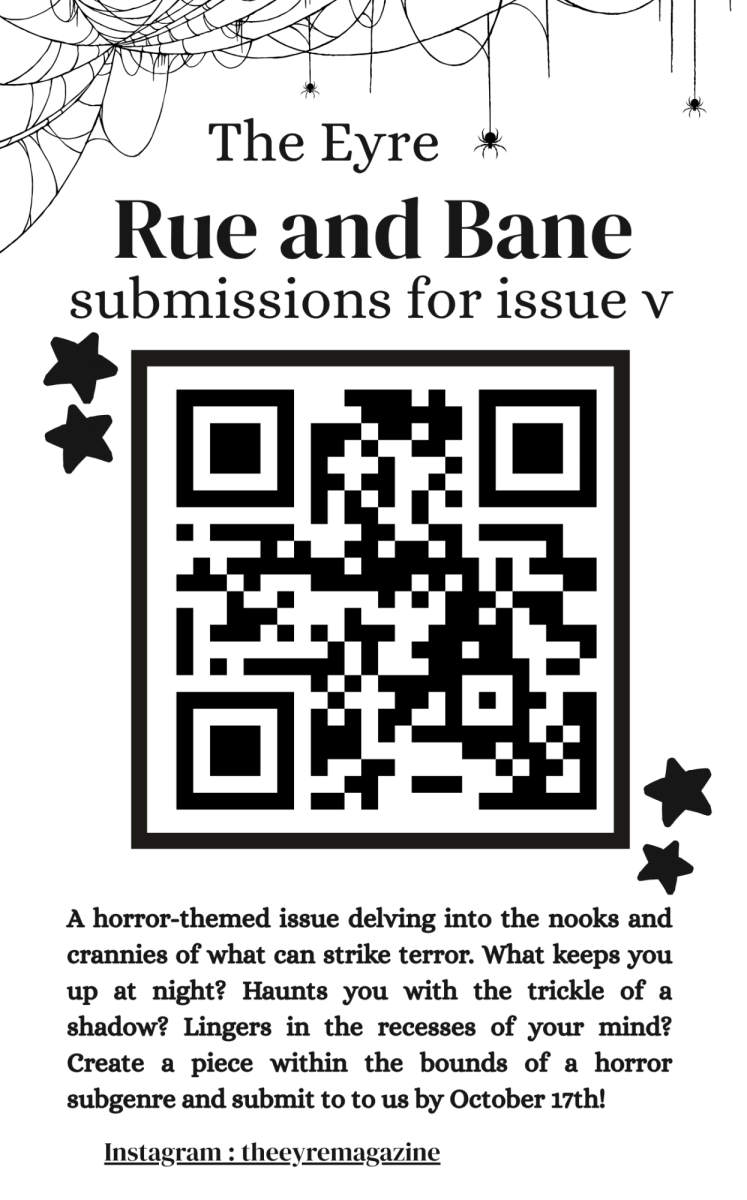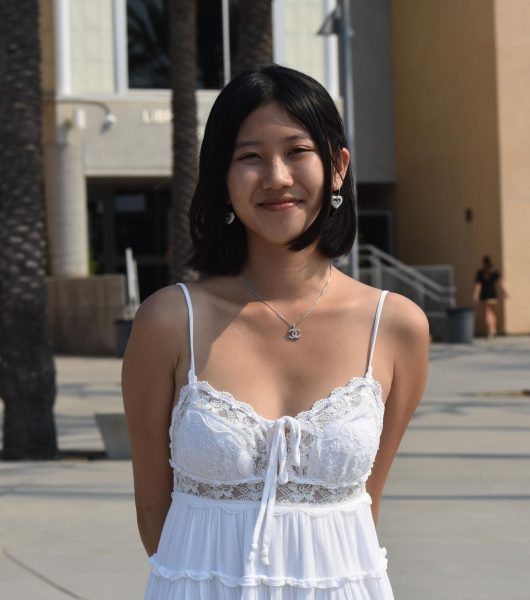Taoism
“Take on the interests of other people”
Recently, I confided in my mother about my existential dread for my future and my desperate attempts to search and create meaning in my life. Of course, I hadn’t expected much sympathy from her, considering that immigrant parents are rarely understanding of their children’s first-world struggles so long as there is food and water on the table; I was pretty much right. She responded by telling me how she clawed her way to America at the tender age of 16, without knowing any English and tirelessly worked three jobs throughout her early adulthood, all to provide a better life for her family back in Vietnam. She told me that I should be more grateful for what I have and that my mental anguish was a result of focusing too much on myself, rather than others.
At first, that stung a little. Upset that she had undermined my turmoil, I walked out, mumbling something under my breath that any angsty teenager would recognize: “You don’t understand.”
But, as I sat in my room, feeling sorry for myself, I took a good look around. The Apple laptop at my feet, the mound of stuffed animals on my comfortable bed, the closet overflowing with clothes, hardcover books piled high on the floor; I had so much. My mother lived in a garage at my age. She didn’t have many personal belongings, nothing that represented her interests and passions and aspirations. All her life, she was so focused on helping her family that she had neglected herself. She didn’t have time to think about her purpose. Rather, it was shoved in her face with every single overdue check, empty refrigerator, and desperate letter from her mother and siblings to send more money.
It hit me then. What she said, though harsh, was most certainly true. I was focused too much on myself. With all my physical needs and material wants provided for, I had time to think about these frivolous things and my search for meaning allowed for so much introspection, I lost direction. I lost focus.
How could I ever achieve my true purpose, without thinking about those around me?
In the study of absurdism, I pursued meaning. Yet, I had so forgotten the very reason who I continue to live to this day, why I continue to se the beauty in this world. It’s not just because I’m afraid of death, but rather, it’s because I see the worth in living, in others.
The very basis of what it means to be human is to be social. It’s to seek connection with those around you and to help others because we are inherently empathic and compassionate. The philosophy Taoism recognizes this as one of its main principles. To truly live a life worth living, one must “[have] no interest of his own, but take the interests of the people as his own.” Another one of its teachings is to be content with what you have. “Compassion, moderation, and humility” are what is most important.
So, as a step to leading a meaningful existence, I need to recognize my selfishness. I need to improve myself for those around me and perhaps, instead of curling up in a corner, allowing my head to run in panicked circles, I should stand up and take action. Of course, I do not have a burden akin to my mother, but what I have learned is that I can always be doing something productive and kind, that time spent on others is time well spent.
My mother is no philosopher, but it seems, unfortunately for me, she is always right.






